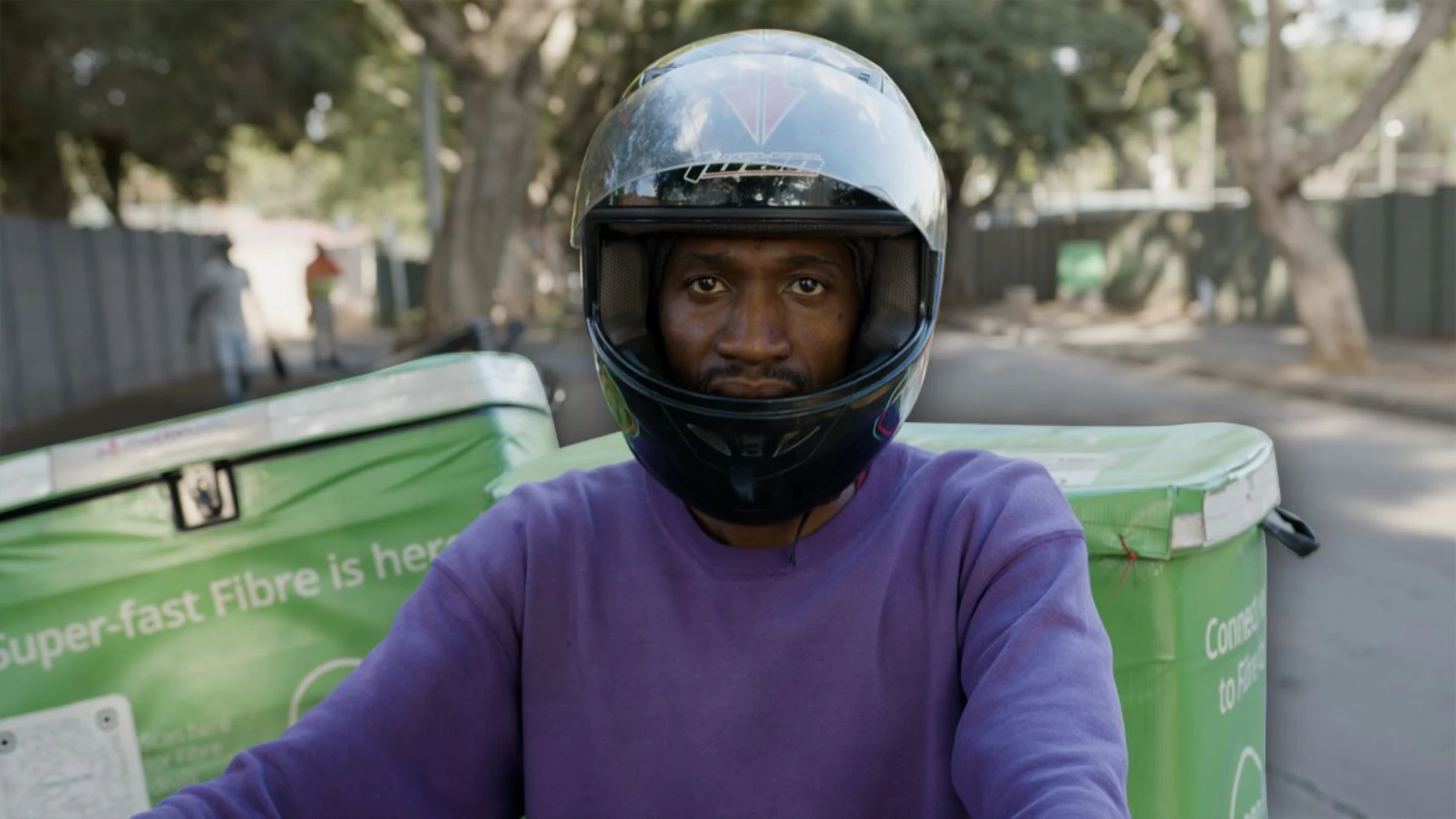Mexico is pushing for sweeping gig worker rights. Women say it’s not enough

This series is a collaboration with Rest of World.
In Mexico City, growing numbers of female delivery workers have taken to gig work to make a living. As women bear the burden of care work, apps like Uber, DiDi and Rappi offer women flexible working hours, letting them decide when to connect and disconnect from their jobs.
But women in this line of work are not only constantly exposed to road accidents or crime, but also gender violence.
Mexico City is a particularly dangerous place for women: on average, nearly 19 women were raped in the city every day in 2022. In 2021, nearly half of all women and girls aged 15 and over in Mexico City were victims of some type of violence, including sexual and domestic violence.
Without proper legal protection, women delivery workers using bicycles, motorbikes, and cars to get around the capital have been empowered by collective action and have come together to form a union.
Female gig workers say emergency buttons on their apps do not work. To better protect gig workers, unions and labor rights groups have created WhatsApp groups to provide support during their day-to-day work and where they can report being victims of a crime or accident.
Female delivery workers have also established “Puntos Naranja” Orange Spots, a place in restaurants where they can rest, meet, connect to WiFi, recharge phones, use the bathroom, and ask for help if necessary.
The city's three Puntos Naranja also function as gathering spots for members of WhatsApp groups.
They are also hoping to make progress on labor rights. After two years of negotiations with the government and gig work platforms, a bill is due to be presented before Congress that aims to grant delivery workers and drivers labor rights, such as access to public healthcare and road accident insurance.
In October, Mexican President Claudia Sheinbaum said she would back reforms to the Federal Labour Law that would provide social security to gig workers and establish contracts that make it clear how algorithms work on apps.
Yet female workers organized under the National Union of App Workers (UNTA), say the proposed bill does not go far enough.
And they are still pushing Uber, DiDi and Rappi for a gender-based algorithm that will consider height and weight before assigning heavy packages.
The UNTA also wants to guarantee equal pay for female gig workers regardless of their in-app rating, which tends to favor men workers who spend more hours on the app.
Union members are also demanding a change in the algorithm to avoid sending women to areas with high levels of gender-based violence and crime, and one that avoids punishing them for canceling rides or deliveries that represent a danger to them.
Director/Producer: Duy Linh Tu, Sebastian Tuinder
Reporters: Daniela Dib Argüelles, Diana Baptista
Executive Producers: Cengiz Yar, Anup Kaphle, Jacob Templin
Associate Producer: Juanita Ceballos
Fact Checker: Darya Marchenkova
Copy Editor: Mithila Phadke
Design: Joanne Lee
Motion Graphics: Karif Wat
Subscribe to our YouTube channel | Watch more videos like this




























